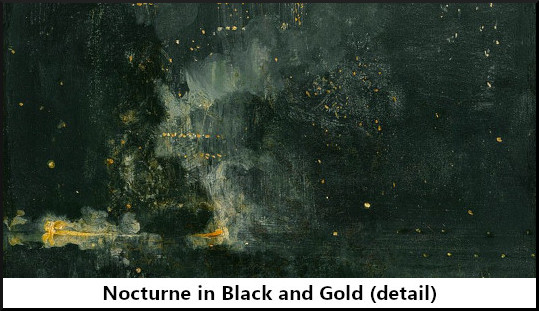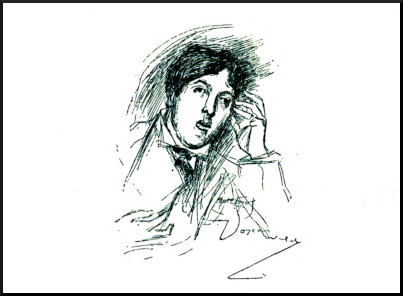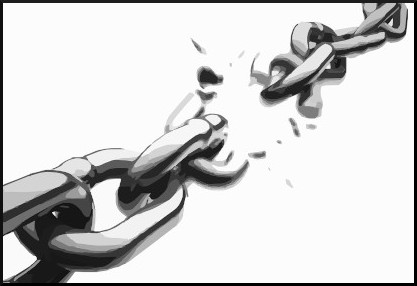Will Rogers? Apocryphal?

Question for Quote Investigator: The evaluation of art is subjective. The popular U.S. humorist Will Rogers once said something like:
You can call yourself an artist because nobody can prove you ain’t.
Would you please help me to find a citation?
Reply from Quote Investigator: In 1926 Will Rogers published “Letters of a Self-Made Diplomat to His President” containing a collection of letters nominally addressed to U.S. President Calvin Coolidge. One letter discussed art. Rogers used the expression “Banana Oil”; the smoothness of this oil led to the metaphorical slang meaning of insincere nonsense. The term “maby” meant maybe. Boldface added to excerpts by QI:1
We know about 9-10ths of the stuff going on under the guise of Art is the Banana Oil. They call it Art to get to take off the clothes. When you ain’t nothing else, you are an Artist. It’s the one thing you can claim to be and nobody can prove you ain’t.
No matter how you built anything and how you painted anything, if it accidentally through lack of wars or rain happened to live a few hundreds of years, why its Art now. Maby when the Guy painted it at the time he never got another contract.
Below are additional selected citations in chronological order.
Continue reading “Quote Origin: An Artist Is the One Thing You Can Claim To Be and Nobody Can Prove You Ain’t”






